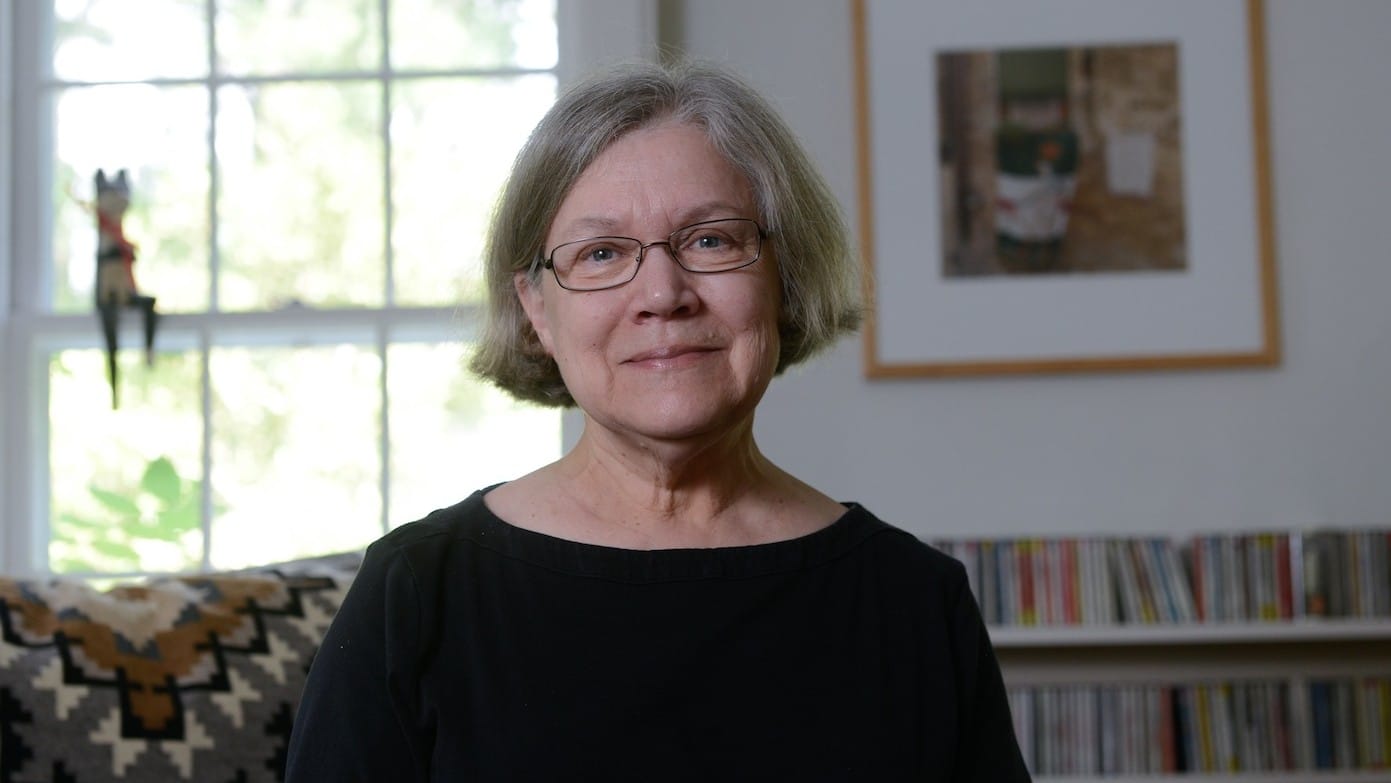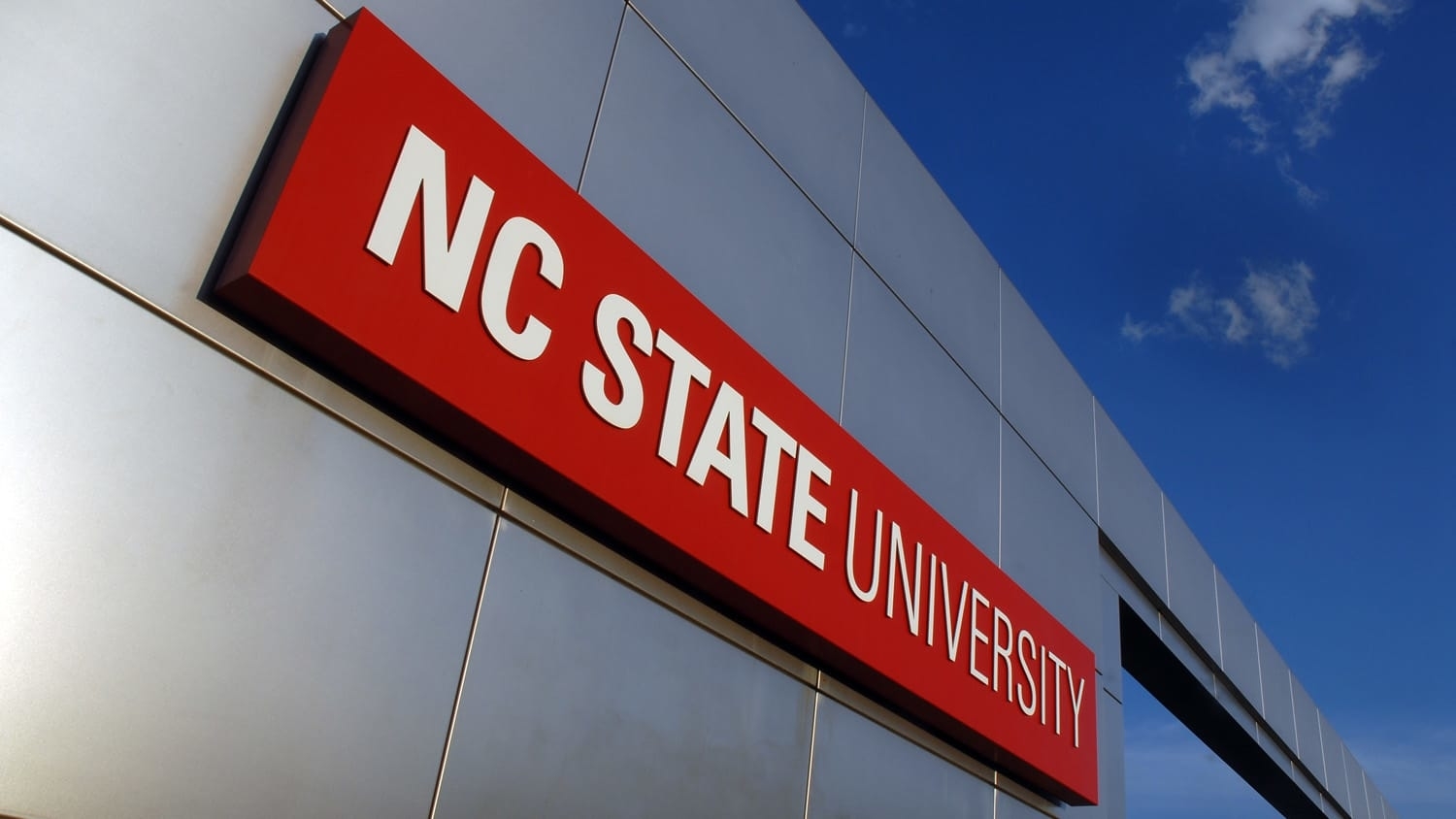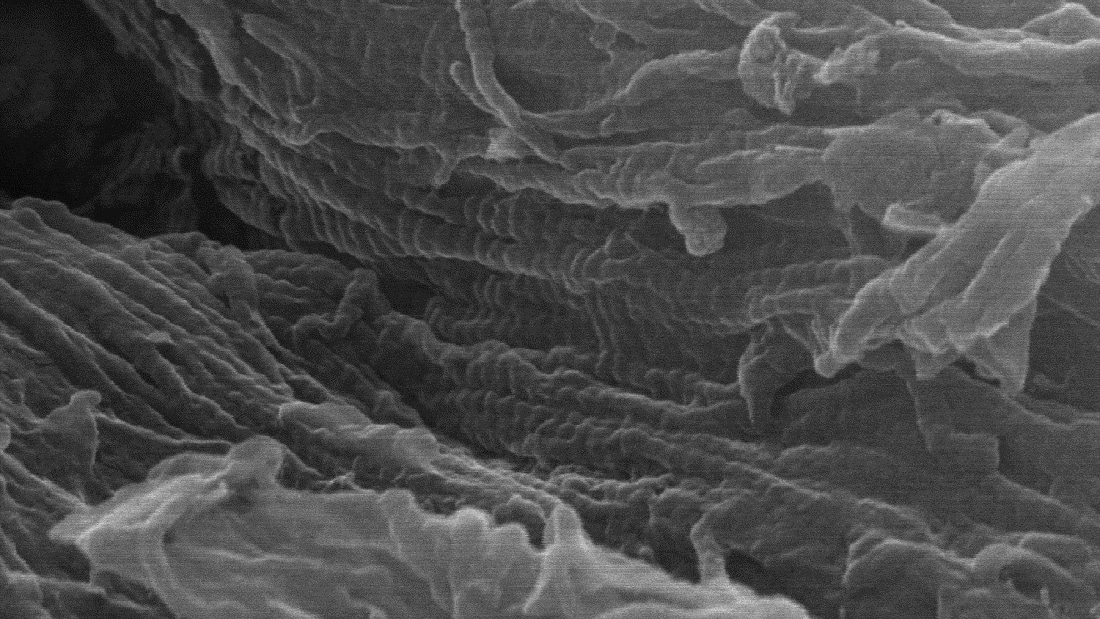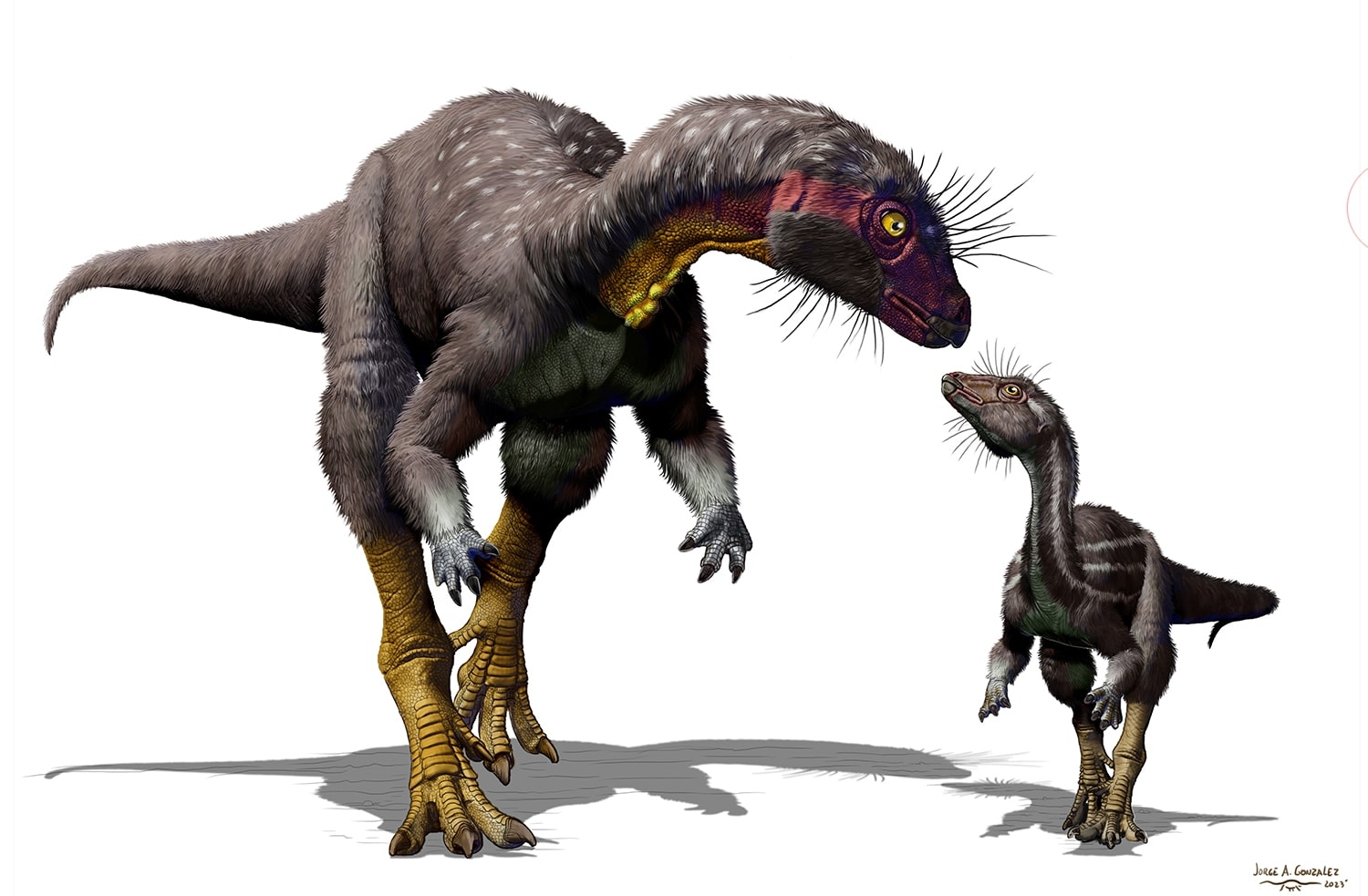Hearing the Call

Nell Beatty didn’t expect to be sitting in Carey Bostian’s office that day.
The bright zoology student had done well in her freshman classes, which must have impressed Bostian, a genetics and zoology professor who had previously been NC State’s chancellor.
Still, the office summons was a surprise. Then came an unexpected offer: Bostian had a National Science Foundation research fellowship available.
Did she want it?
It was one of those launching-pad moments. Beatty quickly said yes, an answer that preceded a long and successful career in neurobiology.
Today that former student, whose last name is now Cant, is giving back to the institution that jump-started her research career. She recently named the College of Sciences Foundation as the primary beneficiary of a significant portion of her retirement accounts.
The gift will create a student-focused endowment and a Distinguished Professorship, the first such position to be established in the Department of Biological Sciences. The department launched in 2013, combining NC State people and programs in biology, genetics, microbiology and toxicology.
“Professors have a big influence on students,” said Cant, a neurobiologist at Duke University. “That was certainly true in my case.”
Cant grew up in Mount Holly, NC, just west of Charlotte. As a young girl, she decided she wanted to become a veterinarian. NC State was a natural fit because even though it didn’t yet have a veterinary school, the university did offer courses related to the practice: dairy production, poultry production and others.
But it was a course in physiology taught by Dr. Charles Alliston that turned her on to the larger world of biology. She became fascinated with the nervous system, wanting to learn more about how neurons communicate with each other in our brains. The NSF fellowship helped solidify her aspirations: She wanted to do research for a living.
After graduating in 1967 with a bachelor’s degree in zoology, Cant went on to graduate study at the University of Michigan, where she received a Ph.D. in physiology in 1973.
From there, she moved to Boston and spent five years as a postdoctoral fellow in neuroanatomy at Harvard Medical School. The lure of her home state, including its milder weather, brought her back to the Triangle in 1978, when she joined the faculty at Duke University Medical Center. She’s been there ever since, today serving as a faculty member in the Department of Neurobiology.
Cant’s research focuses on how we hear. She uses a variety of neuroanatomical techniques to learn more about how the auditory system is organized and how groups of neurons are interconnected. Her work has been funded for many years by the National Institute on Deafness and Other Communication Disorders.
“The rationale for supporting basic research such as mine is that you must understand how the normal system works in order to develop interventions in cases of deafness and other hearing disorders.” Cant said.
The Distinguished Professorship created by Cant’s gift will take advantage of the matching funds available through the state’s Distinguished Professors Endowment Trust Fund. The gift also includes an Excellence Endowment that will support undergraduate research, study abroad and other student activities.
Funds for the endowments will originate from Cant’s retirement accounts, an option available to holders of 401(k), 403(b), IRA and other qualified retirement funds. These types of planned gifts are attractive because charitable donations from retirement accounts aren’t subject to the hefty taxes that donors’ heirs would incur if the retirement funds were left to them. Instead, donors can leave other assets to heirs that aren’t as complicated and highly taxed.
“Education is an investment,” Cant said. “And this College is a great investment.”


